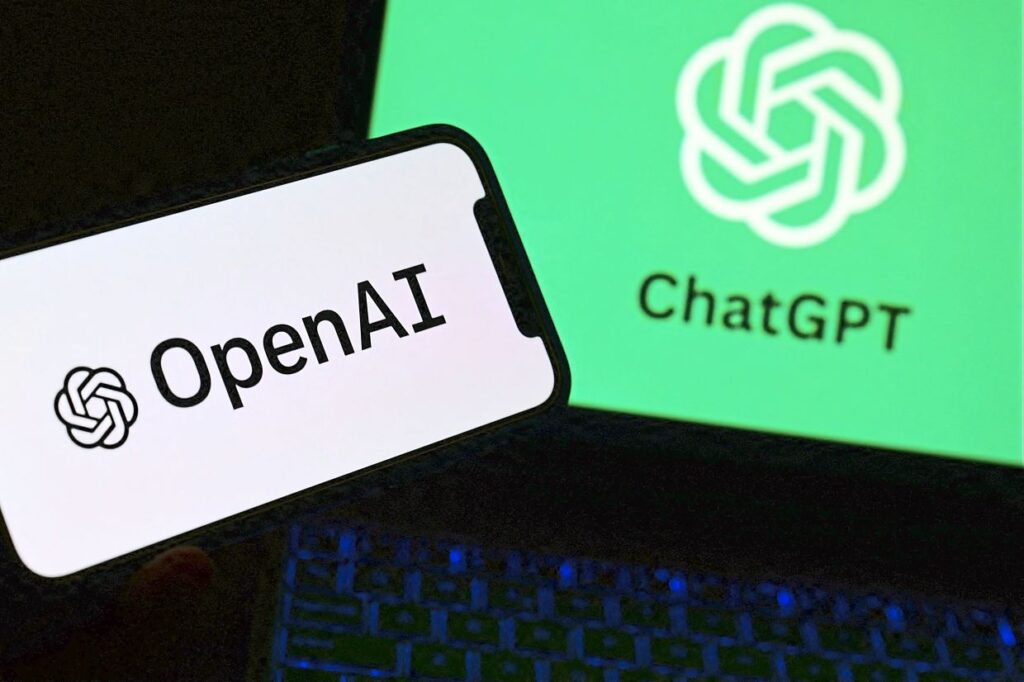The dramatic increase in AI chatbot use created a new way for people and machines to interact, and that may be a problem. Researchers from market leading AI firm OpenAI and MIT’s Media Lab have concluded that using ChatGPT may actually worsen feelings of loneliness for people who use the chatbot all the time. If your company is using AI tools to speed up your worker’s days, this is definitely something to consider!
While the results were presented with some nuance and subtlety, they fuel a narrative begun in 2023, when then Surgeon General Dr Vivek Murthy warned that there was an “epidemic” of “loneliness and isolation” that was harming Americans’ health, and he partly blamed our digital era, noting to NPR that “we are living with technology that has profoundly changed how we interact with each other.”
That doesn’t mean AI use should be banned at work, but it’s worth considering how long your employees are spending working with a chatbot. The authors of the joint study noted that their analysis found that while “most participants spent a relatively short amount of time chatting with the chatbot, a smaller number of participants engaged for significantly longer periods.”
It’s these “power users” that may be experiencing the biggest impact. The authors noted that people who had “higher daily usage – across all modalities and conversation types – correlated with higher loneliness, dependence, and problematic use, and lower socialisation.” Reporting on the study, Business Insider pointed out that in some ways this sort of investigation is always tricky because feelings of loneliness and social isolation often change from moment to moment, influenced by many factors. But to control for this the researchers measured both the survey participants’ feelings of loneliness and their actual level of socialization, to separate out when people really experience isolation from the feelings of loneliness.
As with face-to-face interactions, tone was a big influence, the study concluded. When ChatGPT was instructed to react with flatter, more neutral interactions in a “formal, composed, and efficient” manner, the power users felt heightened loneliness. When the chatbot was told to be “delightful, spirited, and captivating” and reflect the user’s emotions, the users didn’t suffer this way. This makes sense: you wouldn’t necessarily feel listened to if, say, your AI conversations were as muted as a short discussion with a clerk at the department of motor vehicles, but you would feel differently if your AI coworker spoke more like the machine in Scarlett Johansson‘s movie Her.
If your company has raced to embrace the promise of AI, does this mean you should rethink your AI tool usage, or, at the very least, worry about your staff mental health?
The nuanced answer is probably not. Not yet, at least…but it’s definitely something to keep a weather eye on. AI technology is making its presence felt in the workplace, and it’s now capable of remarkably human-like level of interaction.
Wired’s recent report about Google’s “scramble” to catch up with OpenAI will unsettle critics. After Google’s Gemini AI was perfected and released, one executive told Wired that “she had switched from calling her sister during her commutes to gabbing out loud with Gemini Live.” That’s a score for Google’s AI chops, but it’s easy to see how the change may impact that executive’s relationship with her family.
For now, many AI tools exist more in the background in the workplace, and they’re less like chatting to a digital person than interacting with a smarter version of Microsoft’s old, much-loathed “clippy” digital assistant. For example, taking advantage of Microsoft’s AI Copilot suggestions to speed up writing an email in Outlook is unlikely to harm your workplace friendships in the way that gabbling to ChatGPT for 8 hours while sat at your desk might.
At this point, connections are fraying in the increasingly digitised workplace. Workplace friendships are eroding, and the idea of a “workplace spouse” is fading. Tech company executives are pushing AI hard too, with Slack’s leadership imagining a near future when workers spend more time talking to AI agents at work than they do chatting with their colleagues.
Last year, drug maker Moderna’s CEO said he was hoping his company’s bottom line would benefit from workers chatting to ChatGPT at least 20 times per day. Increased use of AI in the workplace could easily mean that many more people effectively become AI “power users,” triggering the kind of worry about loneliness that MIT’s researchers spoke of.
No matter how much AI may drive up your employees’ efficiency, and boost your bottom line, it’s worth remembering that a ton of science shows that happy workers are better workers. – Inc./Tribune News Service


